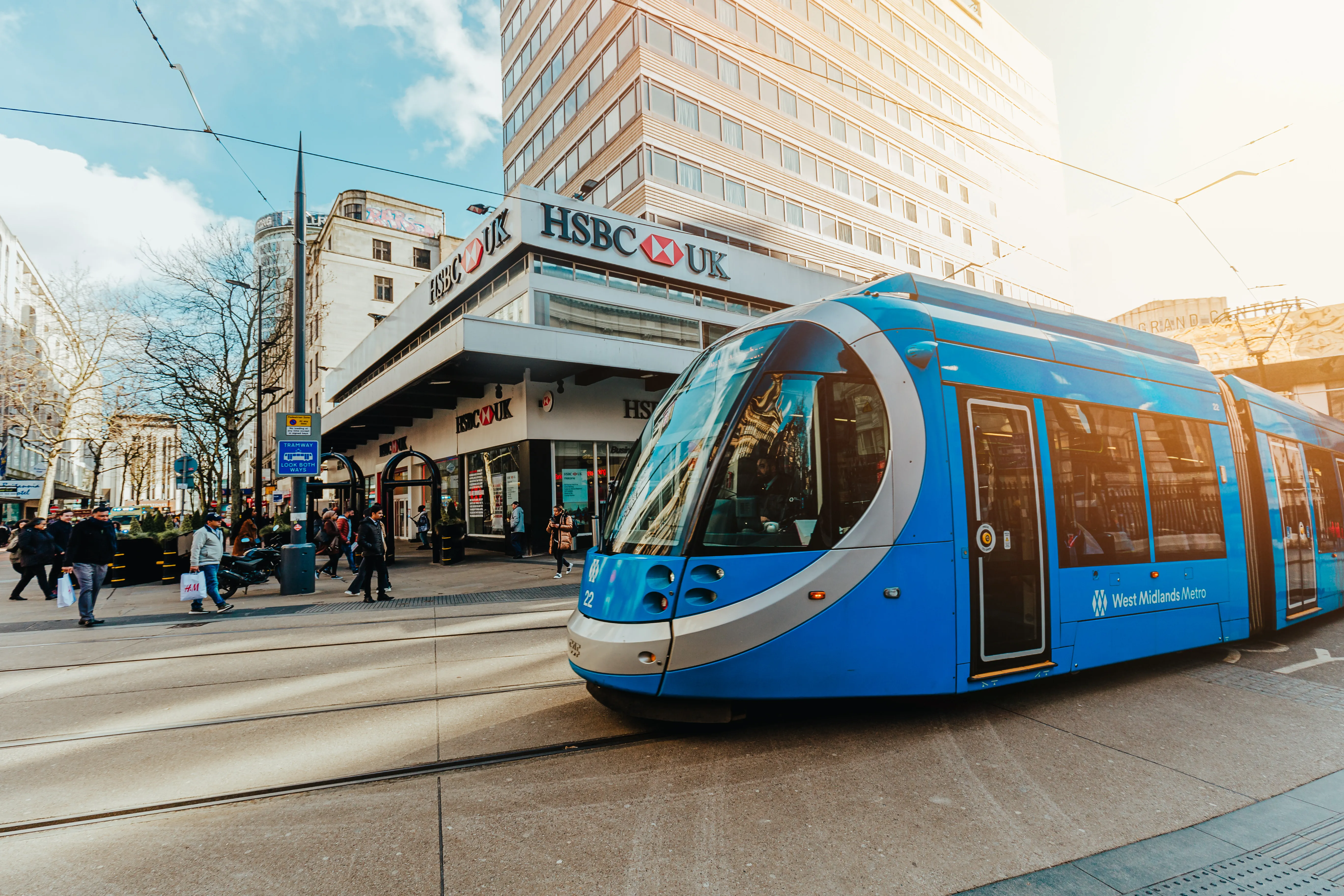UK prime minister David Cameron and chancellor George Osborne have launched a year of major infrastructure investment, with US$60.6 billion of spending planned across 200 projects.
Many of the projects due to start construction in 2014 and 2015 are key transport schemes, ranging across road, rail, local transport and airport infrastructure as well as flood defence schemes.
These include the Mersey Gateway Bridge, Sheffield Lower Don Valley and Exeter flood defence schemes, major roads such as the M6 J
April 23, 2014
Read time: 2 mins
UK prime minister David Cameron and chancellor George Osborne have launched a year of major infrastructure investment, with US$60.6 billion of spending planned across 200 projects.
Many of the projects due to start construction in 2014 and 2015 are key transport schemes, ranging across road, rail, local transport and airport infrastructure as well as flood defence schemes.
These include the Mersey Gateway Bridge, Sheffield Lower Don Valley and Exeter flood defence schemes, major roads such as the M6 J10A-13, Nottingham tram extension, Heathrow Terminal 2 upgrade and Gwynt y Môr offshore wind farm, which is currently the largest in construction anywhere in Europe.
These projects are part of the US$60.6 billion of planned investment – US$8.4 billion public investment, US$35.3 billion private investment and US$17 billion in joint public and private investment - in infrastructure across the country that could support over 150,000 jobs in construction and many thousands more in other sectors following completion. This includes the start of a US£64 billion programme of rail spending over the next five years.
In addition, there is expected to be further investment of up to US$25 billion in oil and gas this year.
Many of the projects due to start construction in 2014 and 2015 are key transport schemes, ranging across road, rail, local transport and airport infrastructure as well as flood defence schemes.
These include the Mersey Gateway Bridge, Sheffield Lower Don Valley and Exeter flood defence schemes, major roads such as the M6 J10A-13, Nottingham tram extension, Heathrow Terminal 2 upgrade and Gwynt y Môr offshore wind farm, which is currently the largest in construction anywhere in Europe.
These projects are part of the US$60.6 billion of planned investment – US$8.4 billion public investment, US$35.3 billion private investment and US$17 billion in joint public and private investment - in infrastructure across the country that could support over 150,000 jobs in construction and many thousands more in other sectors following completion. This includes the start of a US£64 billion programme of rail spending over the next five years.
In addition, there is expected to be further investment of up to US$25 billion in oil and gas this year.







